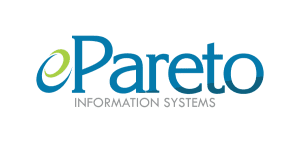Ethnic groups
A Melting Pot of Cultures
Ghana has more than seventy native ethnic groups. Major native African ethnic groups in Ghana include the Akan at 45.7% of the population, the Mole-Dagbon at 18.5%, the Ewe at 13.9%, the Ga-Dangme at 7.1%, the Gurma at 6.4%, the Guan at 3.2%, the Grusi at 2.7%, Mande at 2% and others at 1.6%. Some 20 thousands of Native Europeans live in Ghana.



